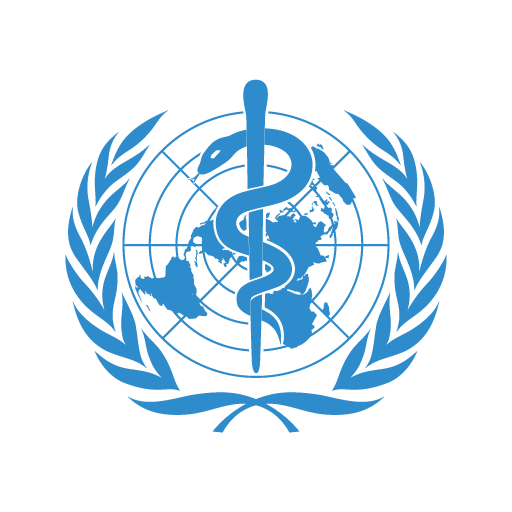Use this function to determine the antibiotic code of one or more antibiotics. The data set antibiotics will be searched for abbreviations, official names and synonyms (brand names).
as.ab(x, flag_multiple_results = TRUE, ...) is.ab(x)
Arguments
| x | character vector to determine to antibiotic ID |
|---|---|
| flag_multiple_results | logical to indicate whether a note should be printed to the console that probably more than one antibiotic code or name can be retrieved from a single input value. |
| ... | arguments passed on to internal functions |
Value
Character (vector) with class ab. Unknown values will return NA.
Details
All entries in the antibiotics data set have three different identifiers: a human readable EARS-Net code (column ab, used by ECDC and WHONET), an ATC code (column atc, used by WHO), and a CID code (column cid, Compound ID, used by PubChem). The data set contains more than 5,000 official brand names from many different countries, as found in PubChem.
Use the ab_property() functions to get properties based on the returned antibiotic ID, see Examples.
Source
World Health Organization (WHO) Collaborating Centre for Drug Statistics Methodology: https://www.whocc.no/atc_ddd_index/
WHONET 2019 software: http://www.whonet.org/software.html
European Commission Public Health PHARMACEUTICALS - COMMUNITY REGISTER: http://ec.europa.eu/health/documents/community-register/html/atc.htm
Maturing lifecycle
The lifecycle of this function is maturing. The unlying code of a maturing function has been roughed out, but finer details might still change. This function needs wider usage and more extensive testing in order to optimise the unlying code.
WHOCC

This package contains all ~550 antibiotic, antimycotic and antiviral drugs and their Anatomical Therapeutic Chemical (ATC) codes, ATC groups and Defined Daily Dose (DDD) from the World Health Organization Collaborating Centre for Drug Statistics Methodology (WHOCC, https://www.whocc.no) and the Pharmaceuticals Community Register of the European Commission (http://ec.europa.eu/health/documents/community-register/html/atc.htm).
These have become the gold standard for international drug utilisation monitoring and research.
The WHOCC is located in Oslo at the Norwegian Institute of Public Health and funded by the Norwegian government. The European Commission is the executive of the European Union and promotes its general interest.
NOTE: The WHOCC copyright does not allow use for commercial purposes, unlike any other info from this package. See https://www.whocc.no/copyright_disclaimer/.
Read more on our website!
On our website https://msberends.gitlab.io/AMR you can find a comprehensive tutorial about how to conduct AMR analysis, the complete documentation of all functions (which reads a lot easier than here in R) and an example analysis using WHONET data.
See also
antibiotics for the dataframe that is being used to determine ATCs
ab_from_text()for a function to retrieve antimicrobial drugs from clinical text (from health care records)
Examples
# these examples all return "ERY", the ID of erythromycin: as.ab("J01FA01") as.ab("J 01 FA 01") as.ab("Erythromycin") as.ab("eryt") as.ab(" eryt 123") as.ab("ERYT") as.ab("ERY") as.ab("eritromicine") # spelled wrong, yet works as.ab("Erythrocin") # trade name as.ab("Romycin") # trade name # spelling from different languages and dyslexia are no problem ab_atc("ceftriaxon") ab_atc("cephtriaxone") # small spelling error ab_atc("cephthriaxone") # or a bit more severe ab_atc("seephthriaaksone") # and even this works # use ab_* functions to get a specific properties (see ?ab_property); # they use as.ab() internally: ab_name("J01FA01") # "Erythromycin" ab_name("eryt") # "Erythromycin"